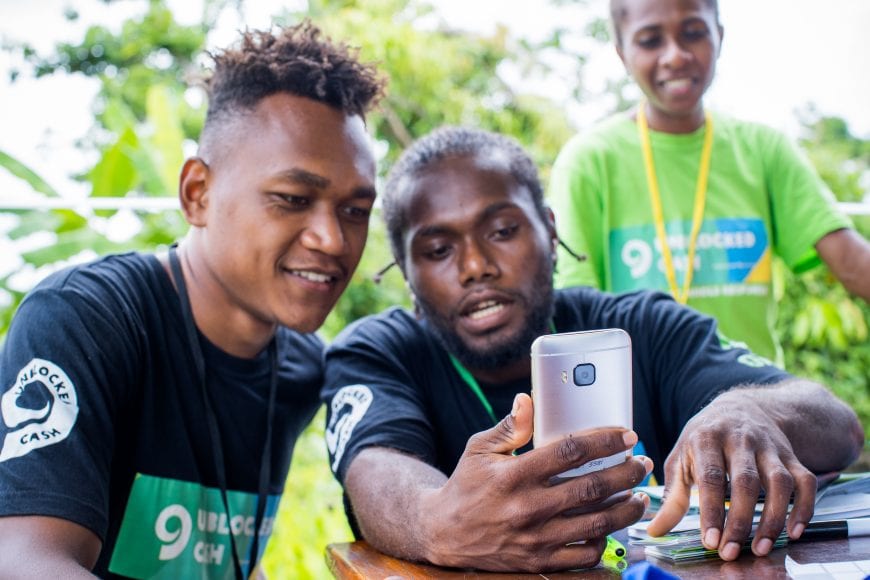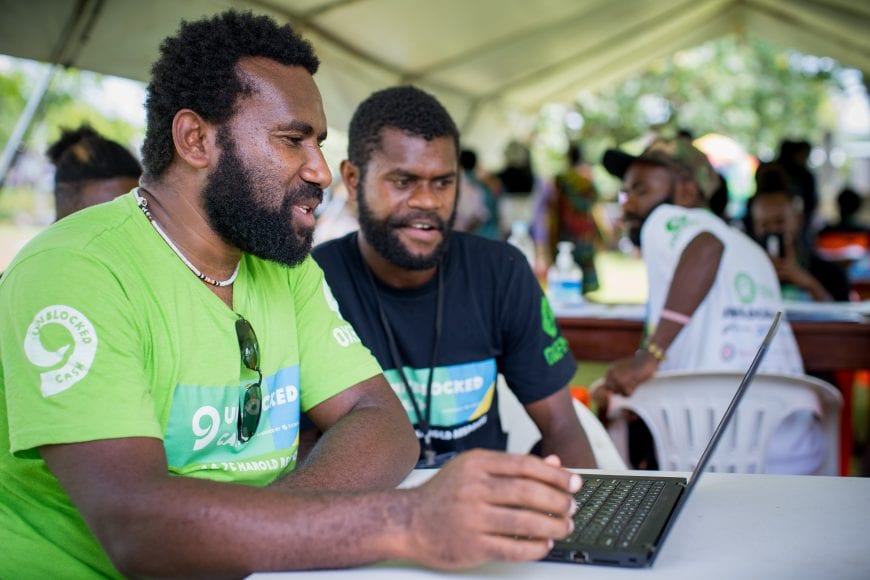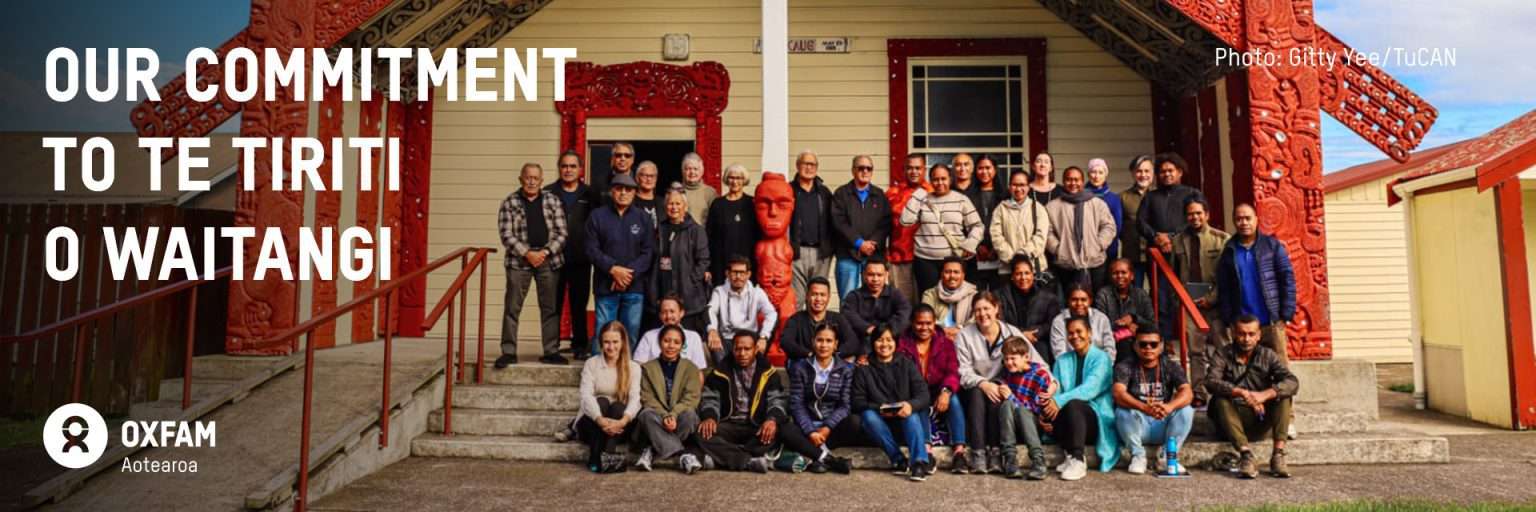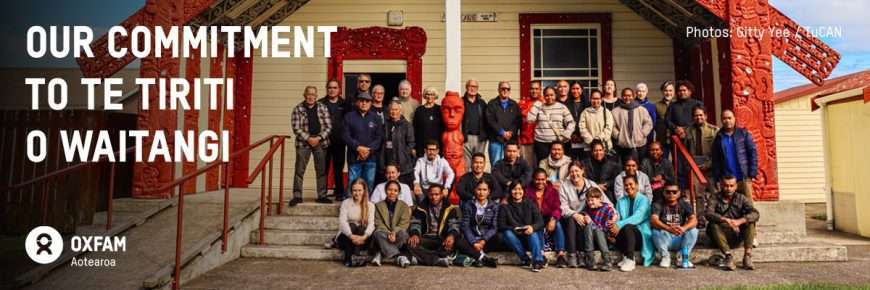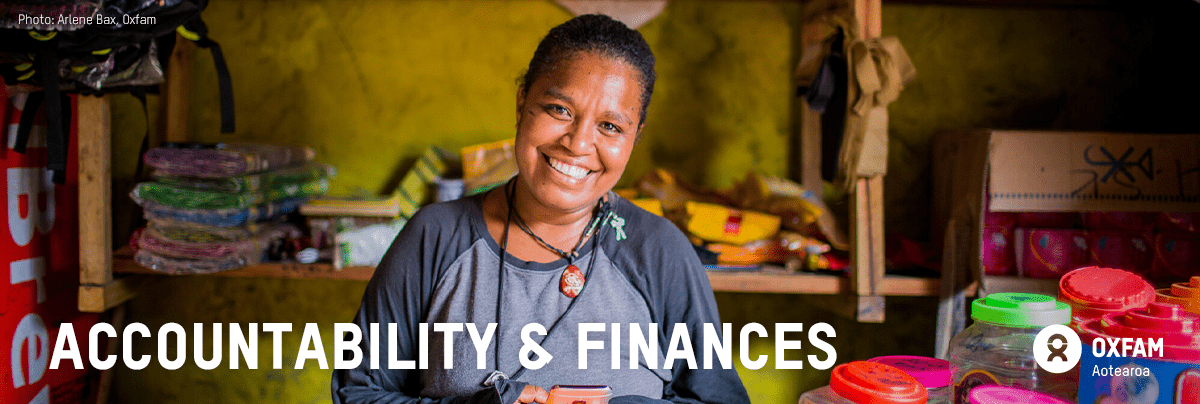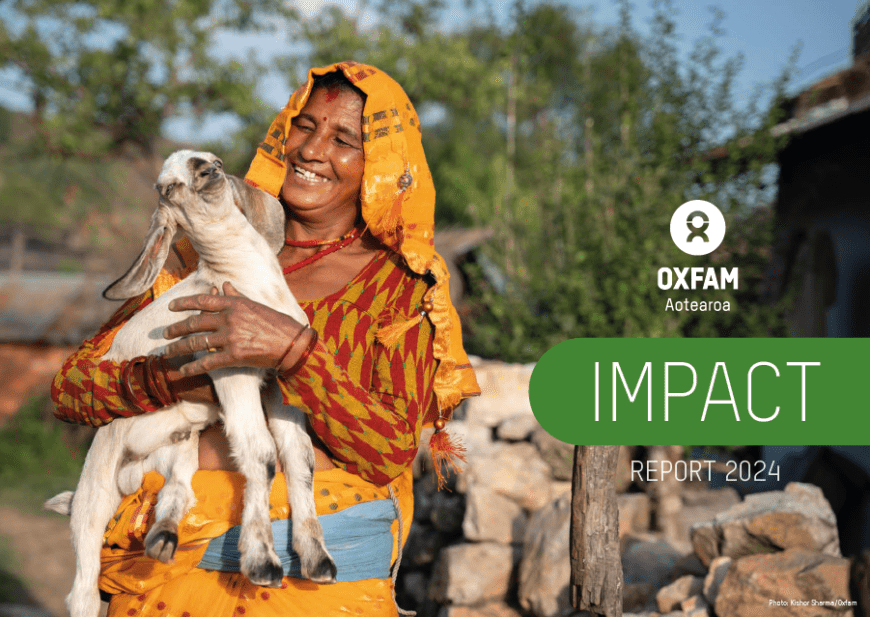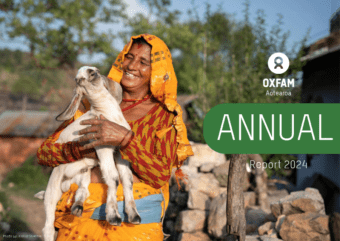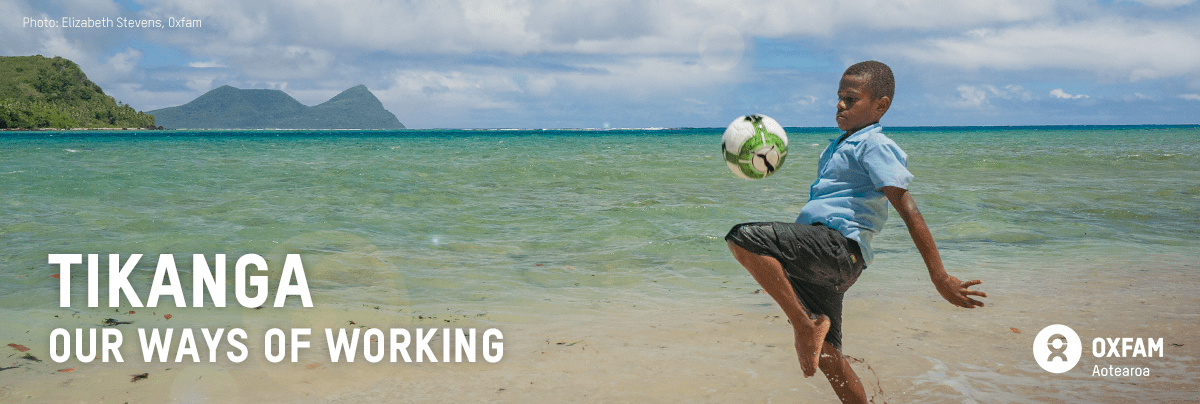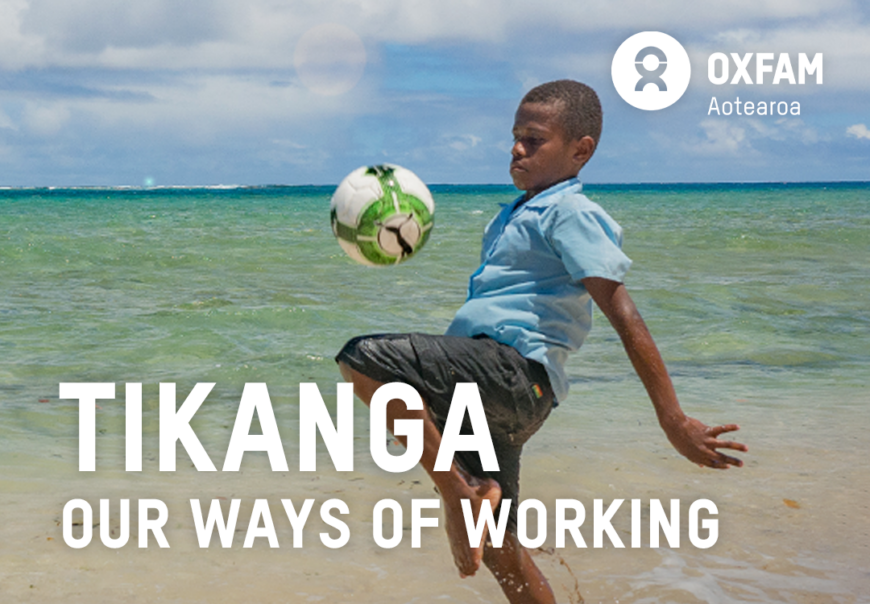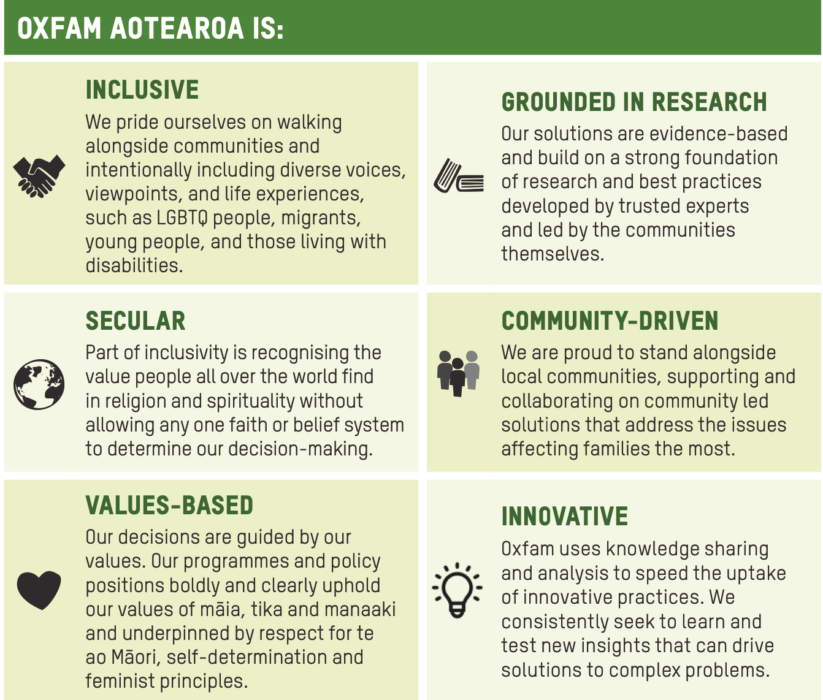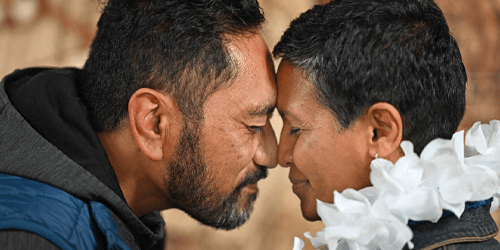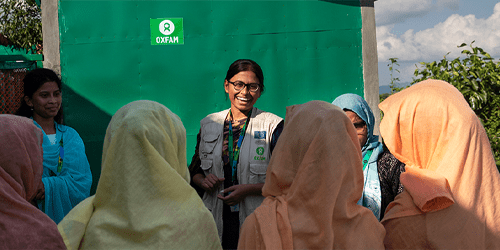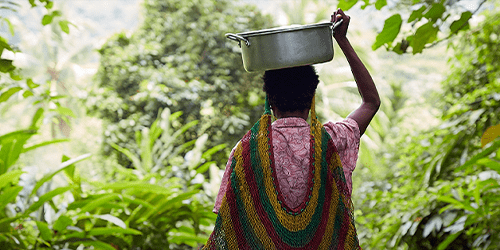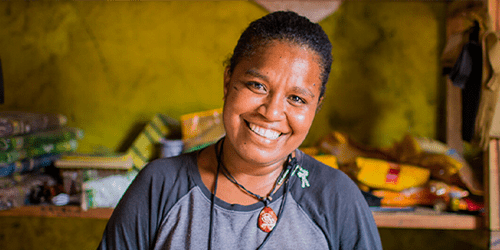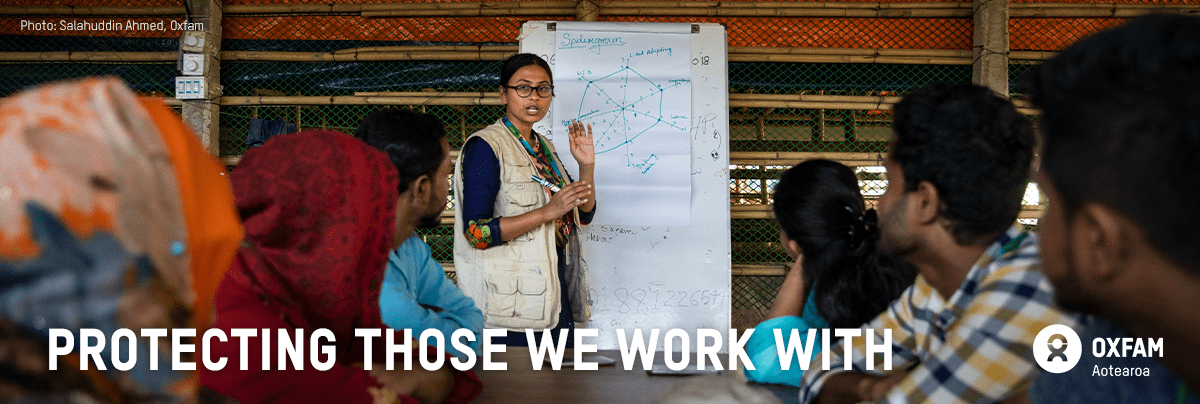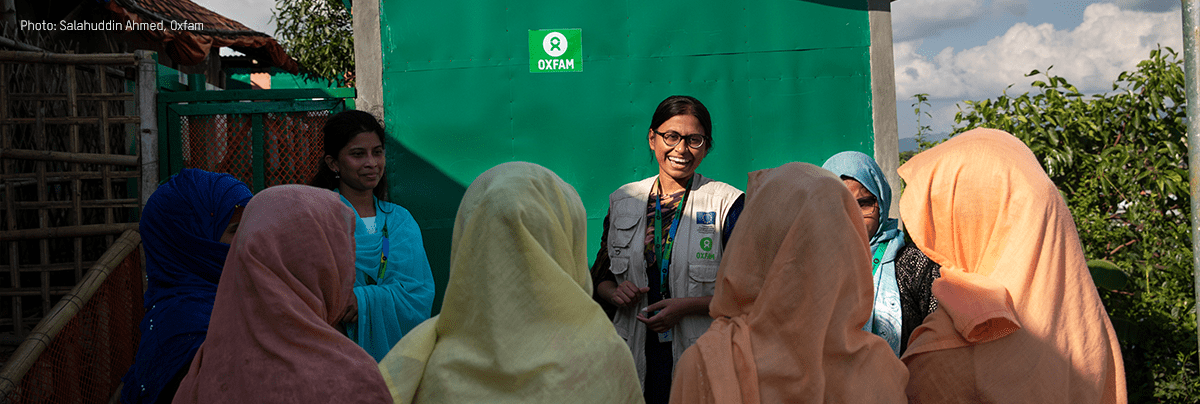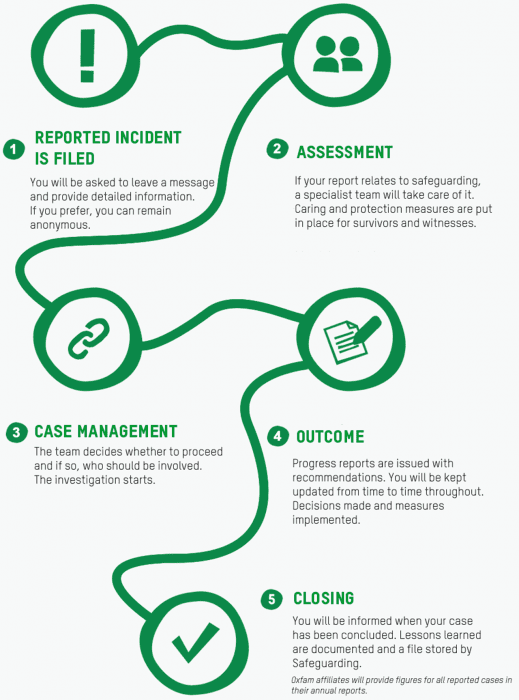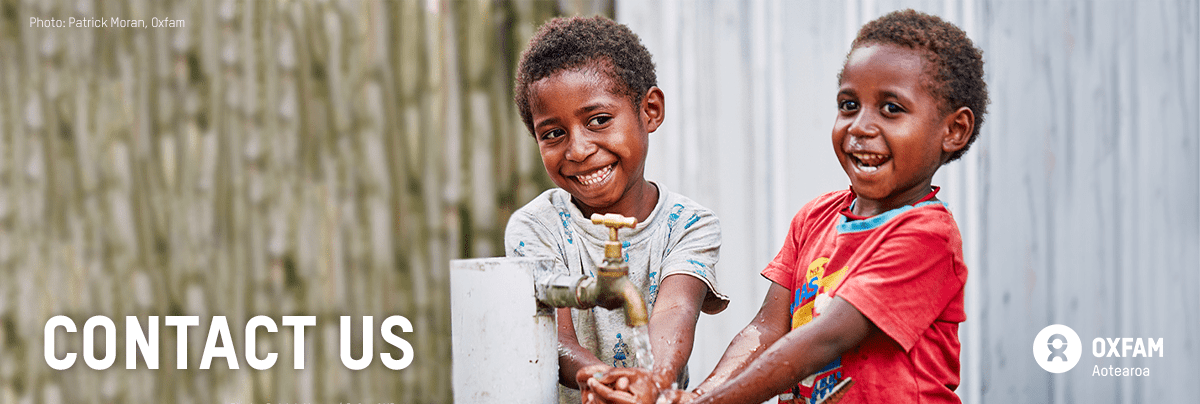
We love catching up with our supporters and want to make it as easy as possible to get in touch with us!
Have a question? We have heaps of answers in our FAQs here.
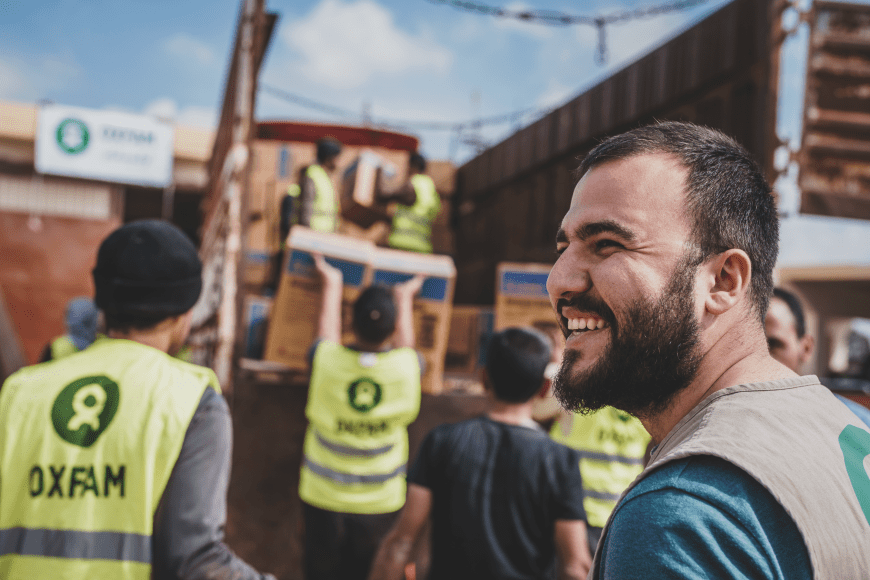
Talk to our team
For all general enquiries, please contact:
Tel: 0800 600 700
For all donation queries, including cancellations, please contact
Tel: 0800 600 700
Mail: PO Box 68357, Victoria Street West, Auckland 1142
If you would like to learn more about the powerful impact you can have by leaving a Gift in your Will, don’t hesitate to contact our Philanthropy Manager, Brenna Gotjē.
Email: [email protected]
Phone: 09 889 7032 (between the hours of 9am - 5pm Monday to Friday)
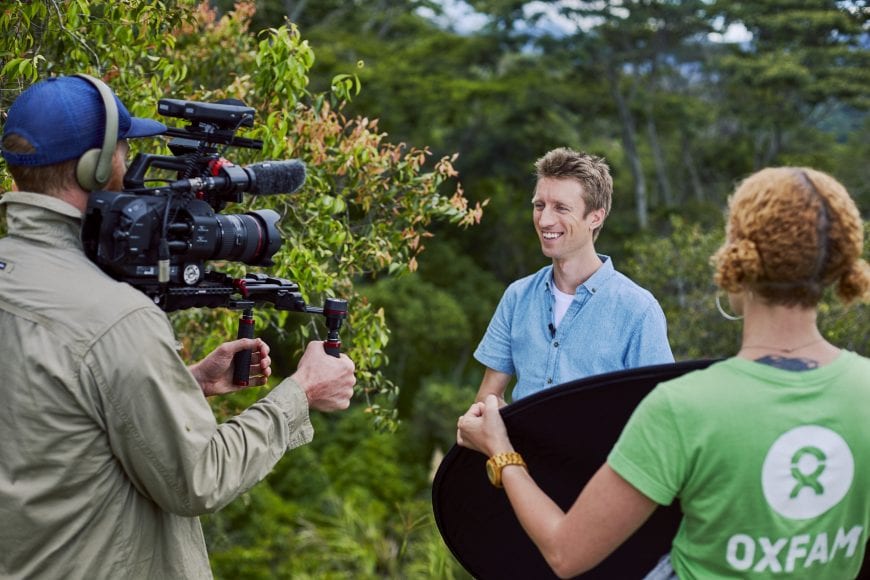
Media enquiries
Reach out to our Media Lead to enquire about ongoing work, current reports or to arrange an interview.
Email: [email protected]
Let us know how we are doing! Click here
